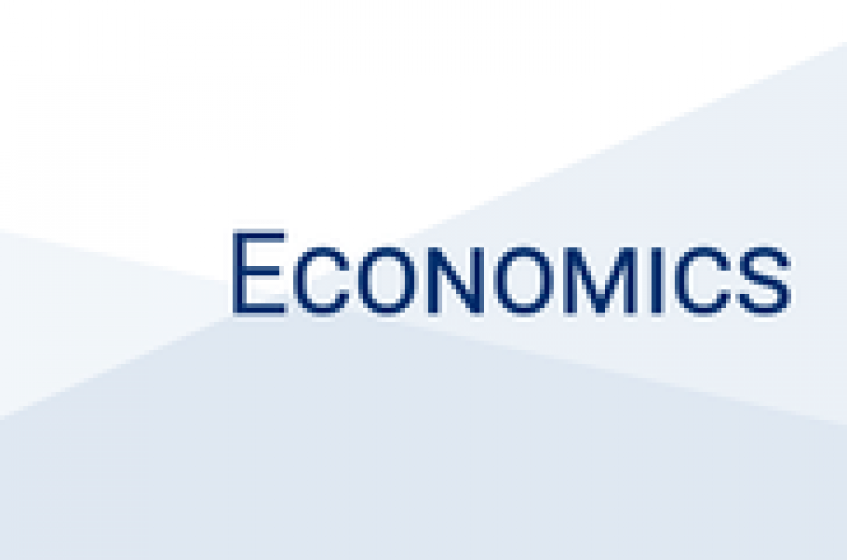
“Corruption as Collateral”by Dr. Min Ouyang
Min Ouyang
Tsinghua University
We explore the role of corruption in assisting finance, when conventional collateralized lending often fails in economies like China. We build an agency-friction theory, in which corruption helps the bank to overcome the soft-budget constraint and induce entrepreneurs to repay their debts. When the anti-corruption campaign causes collateral damage on corruption-backed finance, banks’ search for yields leads to alternative lending based on pledging physical asset or stock shares; accordingly, the price of physical assets and the amount of pledging equity rise. We examine Chinese data at the regional level and the firm level, and find evidence supporting our theory. We argue the anti-corruption campaign alone without further financial-market institutional reforms may hinder financial intermediation, giving rise to undesirable consequences.







